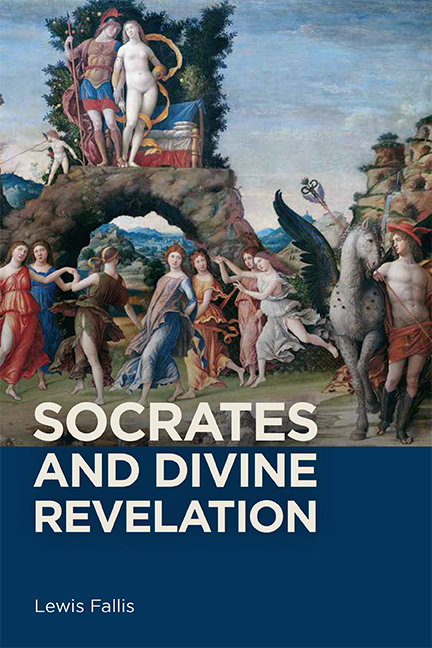1 - The Contemporary Dismissal of Piety and the Platonic Alternative
Published online by Cambridge University Press: 09 June 2021
Summary
According to the Athenian Stranger in Plato's Laws, the human being is the most god-revering of all creatures (902b4–7; see also Timaeus 41e4–42a3). The gods who are believed to exist differ from place to place, yet belief itself appears to be ubiquitous, or nearly so. But why do human beings believe in gods or in a God? What is the most compelling evidence for the existence of gods or something divine?
Perhaps the strongest evidence for the divine comes in the form of the experiences of believers. The rival prophets of the great religions claim to have experienced, at the least, direct contact with God. That contact justifies their authority to legislate for human beings. And the followers of those prophets also tend to claim, explicitly or implicitly, to have experienced a version of that contact, when they claim some ability to determine which religious teaching, or which religious text, is genuinely divine. While reading a sacred text, for instance, a believer may come to recognize its power in a way that allows him, setting aside any justification on the basis of tradition or ancestral piety, to validate in some way the original revelatory experience of the prophet.
But the authority to legislate on the basis of direct contact with God is disputed—not only by the leaders and members of competing religions and sects, but also by those who deny the legitimacy of any such claims. Partly for this reason, the world of politics is a place of conflict. The Shiite and the Sunni, the Baptist and the atheist disagree. If there were some way to arbitrate disputes over religious experience, some way to determine which religion, if any, has stronger experiential evidence on its side, there might be a way to arbitrate disputes over religious-political authority. A theoretical account of religious experience would surely not be dependable as a tool for the peaceful arbitration of those disputes in practice. But the touchstone provided by that theoretical account might give us some idea of what to aim for, and what to hope for, in any such process of arbitration.
- Type
- Chapter
- Information
- Socrates and Divine Revelation , pp. 1 - 21Publisher: Boydell & BrewerPrint publication year: 2018

